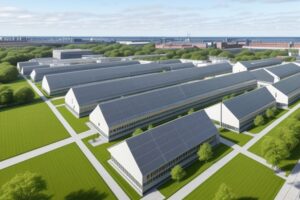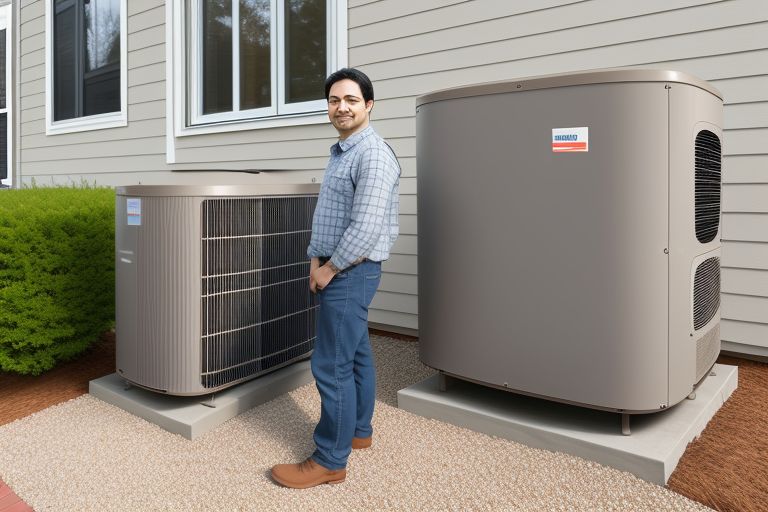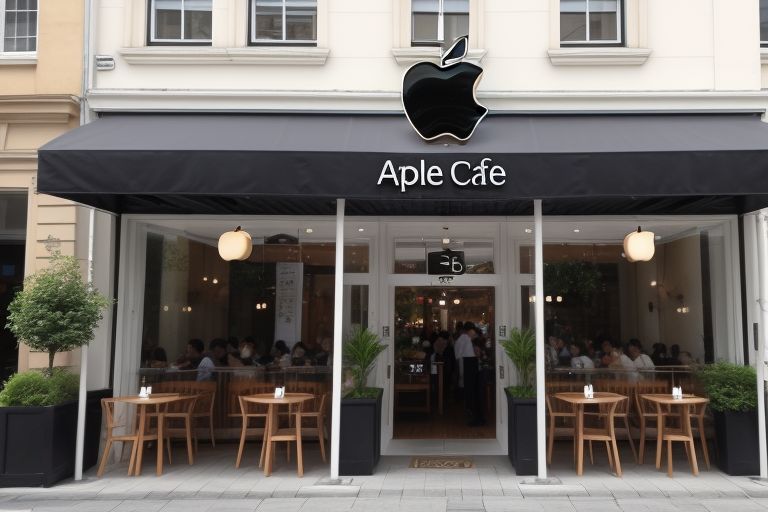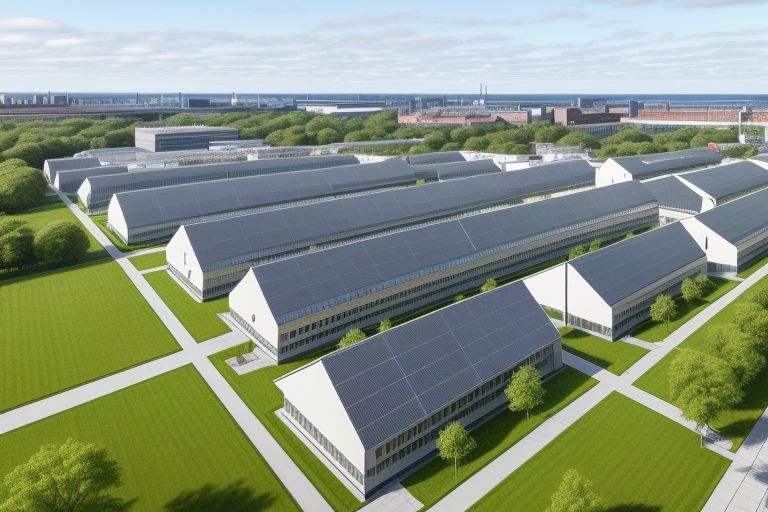In a groundbreaking development for the HVAC industry, heat pumps are now outselling gas furnaces in the United States. This pivotal shift not only reflects changing consumer preferences but also underscores a broader movement towards more sustainable building solutions. This article delves into the implications of this trend, exploring the reasons behind the increasing popularity of heat pumps, the benefits they offer over traditional heating systems, and what this means for the future of residential and commercial heating.
Understanding Heat Pumps
A heat pump is a versatile device that can both heat and cool buildings. Unlike traditional heating systems, which generate heat by burning fuel, heat pumps transfer heat to or from the outside air, even in cold weather. This technology is not new, but recent advancements have significantly enhanced its efficiency and reliability.
The Rise in Popularity
The recent data indicating that heat pump sales have surpassed those of gas furnaces marks a significant milestone. Several factors contribute to this trend:
Energy Efficiency: Heat pumps are often more energy-efficient than conventional gas furnaces. They use less electricity to move heat rather than generate it, which can lead to substantial energy savings.
Environmental Impact: As awareness of environmental issues grows, more consumers are choosing appliances that reduce carbon emissions. Heat pumps are seen as a greener alternative because they can use renewable energy sources like air and ground heat.
Cost-Effectiveness: Initially, heat pumps can be more expensive than gas furnaces. However, their operational costs are generally lower, which can result in long-term savings for homeowners.
Government Incentives: In many regions, governments offer incentives for energy-efficient appliances, including tax rebates and grants for installing heat pumps. These incentives make heat pumps a more attractive option economically.
Technological Advancements: Improvements in heat pump technology, such as enhanced compressors and better refrigerants, have increased their efficiency and extended their usability in colder climates, broadening their appeal.
Comparative Analysis of Heat Pumps and Gas Furnaces
To understand why heat pumps are overtaking gas furnaces in sales, it’s important to compare the two systems:
Efficiency: Heat pumps have an efficiency rating of up to 300%, meaning they can produce up to three times the energy they consume. In contrast, gas furnaces typically operate at 80-90% efficiency.
Costs: The initial setup cost for heat pumps is higher, but lower operational costs and potential energy savings can offset the initial expense over time.
Environmental Impact: Gas furnaces burn fossil fuels, which contribute to carbon emissions. Heat pumps, however, primarily use electricity and can be powered by renewable energy sources.
Maintenance: Heat pumps require less maintenance than gas furnaces because they have fewer mechanical parts that can wear out.
Market Trends and Consumer Preferences
The shift towards heat pumps is part of a larger trend towards sustainability and energy efficiency in home appliances. Consumers are increasingly prioritizing these factors in their purchasing decisions, influenced by a growing awareness of climate change and environmental degradation.
Additionally, the real estate market is seeing a preference for homes equipped with sustainable technologies, which can increase property values and attract buyers looking for greener living options.
Challenges and the Road Ahead
Despite their growing popularity, heat pumps face several challenges:
Climate Limitations: In extremely cold regions, the efficiency of air-source heat pumps can decrease, requiring supplementary heating sources.
Upfront Costs: The higher initial cost can be a barrier for some homeowners, despite the long-term savings.
Market Penetration: While sales are increasing, gas furnaces still have a strong foothold in many markets, particularly where gas is cheaper and more readily available.
Conclusion
The increasing sales of heat pumps over gas furnaces signify a robust move towards more sustainable and energy-efficient heating solutions. This trend is supported by advancements in technology, favorable government policies, and a shift in consumer behavior towards environmental responsibility. As we continue to face the impacts of climate change, the role of innovative heating technologies like heat pumps will become ever more crucial in shaping a sustainable future.


















+ There are no comments
Add yours